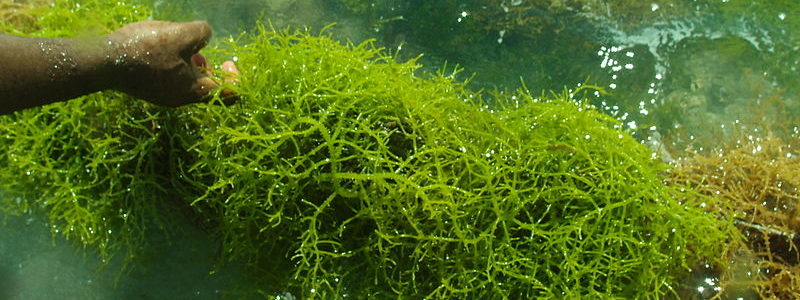Carrageenan is a dietary fiber isolated from several species of seaweed and has been consumed by humans for more than 2,000 years. It is commonly used as a food ingredient due to its thickening and gelling properties. In dietary supplements, it works as a tableting aid and is often used to make sustained-release formulations.
Safety Studies
Numerous studies have been conducted on carrageenan to determine its safety. A July 2014 review of the scientific literature by the Joint FAO/WHO Expert Committee in on Food Additives concluded that no acceptable daily intake limits were required for carrageenan because studies showed no observed adverse effects at levels that greatly exceeded the estimated human intake of carrageenan. They also concluded that use of carrageenan in infant formula at levels up to 1,000 mg/L was “not of concern.” The committee’s opinions were based on a full review of the literature, including a new safety study that will be published in 2015. The FDA also re-reviewed carrageenan safety in 2012 and concluded that it could continue to be used as a food additive.
We have noted a few negative articles on carrageenan over the years, usually involving data from animal studies. It is important to note there are different types of carrageenan. The type of carrageenan used in these animal model studies was often a degraded, low molecular weight carrageenan sometimes referred to as “poligeenan.” Shaklee does not use poligeenan. Carrageenan does not become poligeenan in the human digestive tract. The type of carrageenan we use is a food grade, high molecular weight carrageenan that does not get absorbed and is non toxic. Some of the animal studies that have been cited as raising safety concerns also involved routes of administration that are completely irrelevant to food use. For example, inflammation is sometimes induced in mice by injecting carrageenan subcutaneously (under the skin), as a means for the pharmaceutical industry to evaluate potential new anti-inflammatory drugs. Carrageenan is not absorbed from the GI tract, so what happens when it is injected into the body has no bearing on the safety when included in foods.
So, if you read older posts on the Web urging more study of carrageenan safety, please be aware that additional studies were done, expert panels reviewed all the data, and as a result, carrageenan safety was reaffirmed.

